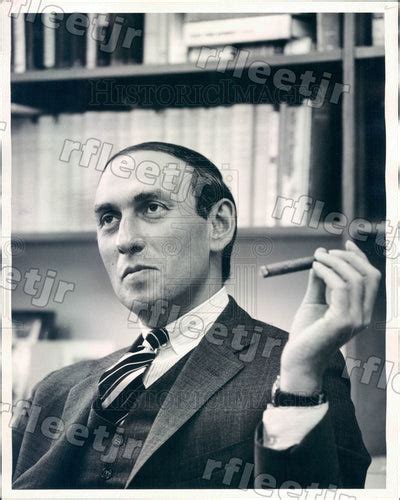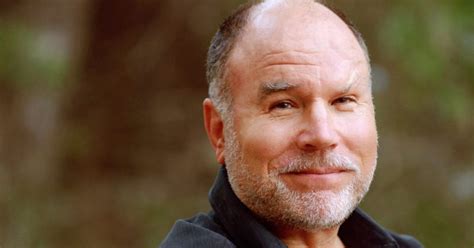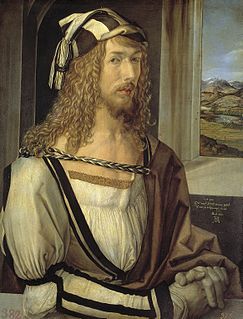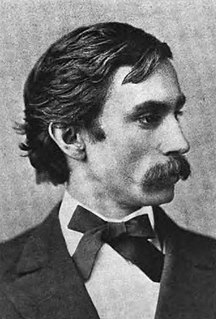A Quote by Philip Rieff
Man is tied to the weight of his own past, and even by a great therapeutic labor little more can be accomplished than a shifting of the burden.
Related Quotes
It has been well said that no man ever sank under the burden of the day. It is, when tomorrow's burden is added to the burden of today, that the weight is more than a man can bear. Never load yourselves so, my friends. If you find yourselves so loaded, at least remember this: it is your own doing, not God's. He begs you to leave the future to Him, and mind the present.
There is a great deal of strength in Garfield's life and struggles as a self-made man.... From poverty and obscurity, by labor at all avocations, he became a great scholar, a statesman, a major general, a Senator, a Presidential candidate.... The truth is, no man ever started so low that accomplished so much in all our history. Not Franklin or Lincoln even.
It is not the cares of today, but the cares of tomorrow, that weigh a man down. For the needs of today we have corresponding strength given. For the morrow we are told to trust. It is not ours yet. It is when tomorrow's burden is added to the burden of today that the weight is more than a man can bear.
The heaviest of burdens is simultaneously an image of life's most intense fullfillment. The heavier the burden, the closer our lives come to the earth, the more real and truthful they become. Conversely, the absolute absence of a burden causes man to be lighter than air, to soar into new heights, take leave of the earth and his earthly being, and become only half real, his movements as free as they are insignificant. What then shall we choose? Weight or lightness?
Who you really are, your True Nature, is no more tied to the kind of person you've been than the wind is tied to the skies through which it moves. Your past is just that, the past, a place within your psyche with no more reality to it than a picture of a castle on a postcard is made from stone. You have a destination far beyond where you find yourself standing today.
We hear in these days a great deal respecting rights--the rights of private judgment, the rights of labor, the rights of property, and the rights of man. Rights are grand things, divine things in this world of God's; but the way in which we expound these rights, alas! seems to me to be the very incarnation of selfishness. I can see nothing very noble in a man who is forever going about calling for his own rights. Alas! alas! for the man who feels nothing more grand in this wondrous, divine world than his own rights.
An artist of understanding and experience can show more of his great power and art in small things roughly and rudely done, than many another in a great work. A man may often draw something with his pen on a half sheet of paper in one day . . . . and it shall be fuller of art and better than another's great work whereon he hath spent a whole year's careful labor.
We forget that there is much more patriotism in having the audacity to differ from the majority than in running before the crowd; we forget that in the resistance of the minority some of the biggest things in our own history have been accomplished, and the man who looks on the Stars and Stripes and doesn't hold a right to say nay to his neighbor, even if the neighbor is of the larger party, has forgotten the history of his country.


































